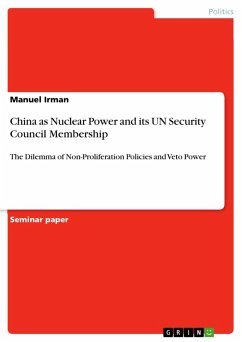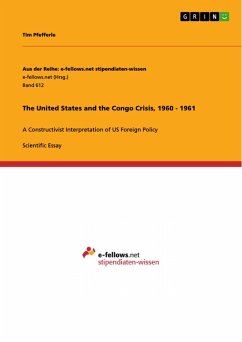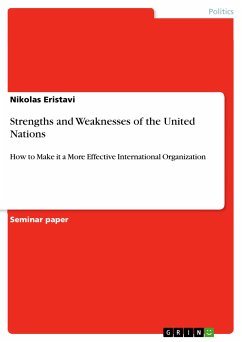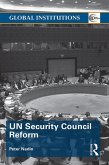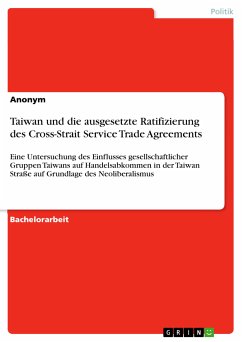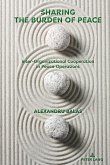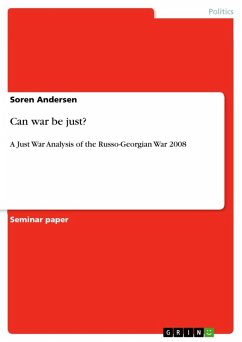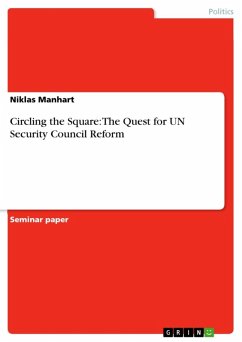Seminar paper from the year 2011 in the subject Politics - Topic: International Organisations, grade: 1,0 (CH: 6,0), University of Zurich (Institut für Politikwissenschaft), course: Seminar "International Politics of East Asia", language: English, abstract: Since 1964, the People's Republic of China (PRC) is a nuclear power and its government increasingly became the internationally acknowledged and legitimate bearer of power. In 1971, the PRC replaced the Taiwanese representatives in the United Nations General Assembly (UNGA) and the United Nations Security Council (UNSC). The PRC is now one of five permanent members in the UNSC and seemingly holds this status due to its possession of nuclear weapons. Thus, is it true that China's permanent UNSC-membership stalls improvements in complying with disarmament and non-proliferation policies? George Tsebelis' theory (Veto Players) supports the finding of an answer.
Dieser Download kann aus rechtlichen Gründen nur mit Rechnungsadresse in A, B, BG, CY, CZ, D, DK, EW, E, FIN, F, GR, HR, H, IRL, I, LT, L, LR, M, NL, PL, P, R, S, SLO, SK ausgeliefert werden.

